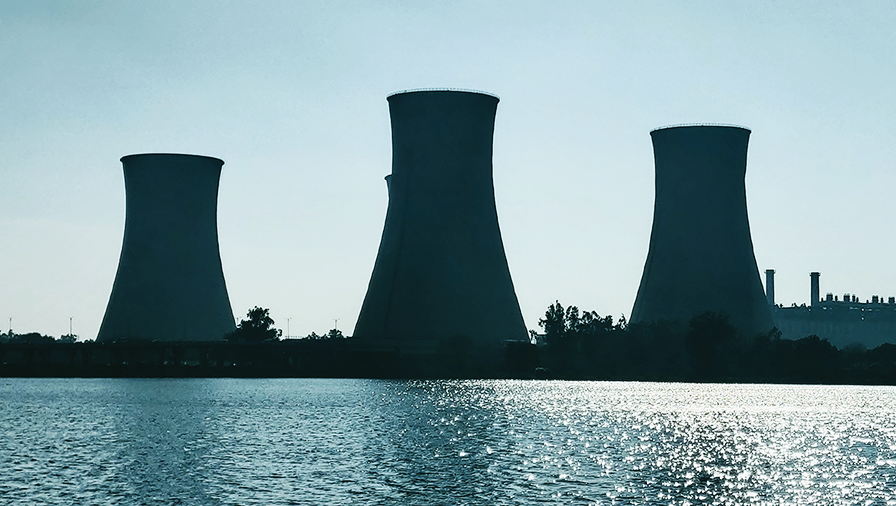
On 31 December 2021, the EU Commission submitted a proposal to an expert group within the Commission as well as the member states regarding the inclusion of nuclear power and natural gas in the climate taxonomy, i.e. the EU classification system for environmentally sustainable operations.
This article complements previous articles which have been published regarding The EU’s proposal regarding a new sustainability directive, new technical review criteria according to the EU’s climate taxonomy as well as new rules concerning companies’ information disclosure requirements.
The EU Taxonomy Regulation (2020/852) provides a classification system which entails that business activities in certain sectors and industries that fulfil certain criteria are deemed to be environmentally sustainable. The purpose is to increase the amount of green investments and to counteract so-called “greenwashing”, i.e. that undertakings claim to be more sustainable than they actually are.
In order for a financial business operation to be classified as environmentally sustainable it must, inter alia, make a significant contribution to one of the environmental goals pursuant to the taxonomy regulation, without any significant damage to the other goals. What is necessary for this is determined by way of so-called technical review criteria, which will be adopted by the Commission via delegated legislation. One initial such delegated piece of legislation, i.e. Regulation 2021/2139, entered into force on 29 December 2020 and started to apply on 1 January 2022. The Regulation sets forth review criteria regarding two of the environmental goals for certain sectors and industries which are responsible for a large part of the EU’s greenhouse gas emissions, such as energy, transportation and forestry.
As regards the energy sector, one has not only included renewable energy in the taxonomy, but also “transitional activities”, i.e. energy operations for which there is no technically or economically viable carbon dioxide efficient alternative, but which nevertheless facilitate the transition to a climate neutral economy and the phasing out of even more damaging energy sources, for example coal.
Following a period of review and reflection, the Commission has now decided that nuclear power and natural gas are such energy sources which can contribute to the transition to climate neutrality. The Commission has thus proposed new delegated legislation which will complement Regulation 2021/2139 with technical review criteria for energy production stemming from nuclear power and natural gas.
The technical review criteria for production of energy from natural gas entail, inter alia, the following:
The technical review criteria for production of energy from nuclear power entail, inter alia, the following:
The taxonomy regulation requires that certain undertakings submit reports regarding whether they fulfil the technical review criteria. This encompasses undertakings which are obliged to publish a sustainability report according to the EU’s Accounting Directive (2013/34), i.e. large companies or parent companies of large groups, which are of public interest and which have had on average 500 employees during the financial year. The content of, and the procedural requirements pertaining to, such reporting is determined in the Disclosure Regulation (2021/2178), which entered into force on 30 December 2021 and certain parts of which became applicable on 1 January 2022.
The Commission proposes that the new delegated legislation will supplement the Disclosure Directive with rules governing the reporting of the fulfilment of the review criteria for undertakings in the nuclear power and natural gas sectors. Among other things, it is proposed that the information which is reported is presented in a template which clearly indicates the size of the operations which relate to energy production from natural gas and nuclear power. By applying this method, transparency shall be guaranteed, and investors will be able to make informed choices.
On 3 December 2021, the Commission submitted its proposal for new delegated legislation to the Member States’ Expert Council as well as the Commission’s expert group “Platform for Sustainable Finance”. These bodies are required to submit comments to the proposal by not later than 21 January 2022. The Commission will thereafter formally adopt the proposal, which will most likely be at the beginning of February 2022.
Thereafter, the proposal will be reviewed by the European Parliament and the European Union’s Council within a timeframe of four months, which may be extended by up to two months, if necessary. Provided the European Parliament and the Council do not have any objections, the intention is for the delegated legislation to begin to apply on 1 January 2023.
Primarily, France is believed to have been a driving force in the preparation of the proposal while Germany, which will soon have phased out all use of nuclear power, opposes the proposal. In general, the proposal is criticised for diluting the phrase “sustainable”, taking into account the burning of natural gasses releases carbon dioxide and that nuclear power can lead to environmental catastrophes as well as large amounts of dangerous waste.
Despite this criticism, the proposal will probably become law, since the requirements are a qualified majority in the Council against the delegated legislation and a simple majority in the European Parliament in order for it not to enter into force.
You will find the proposal to the new delegated legislation here.